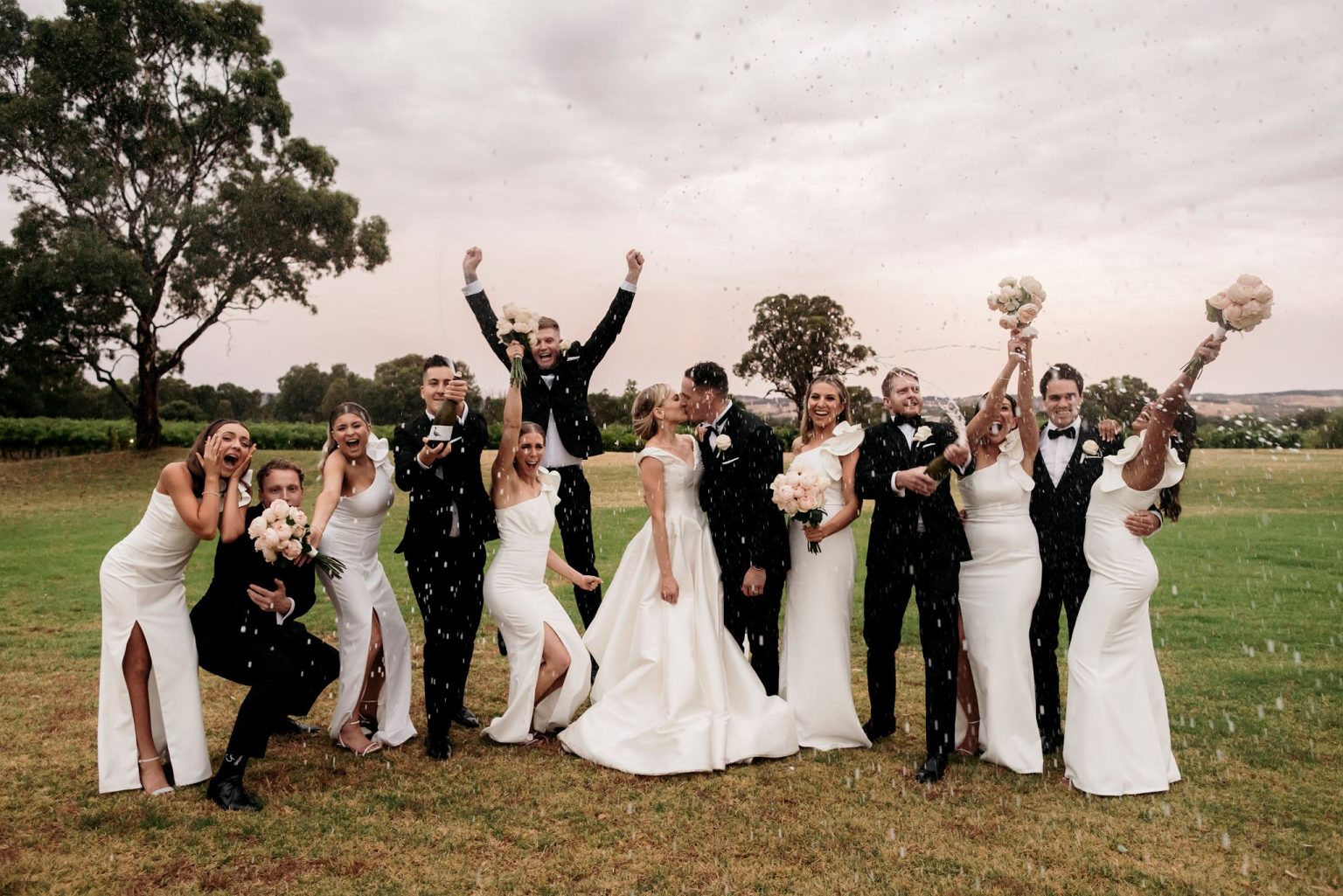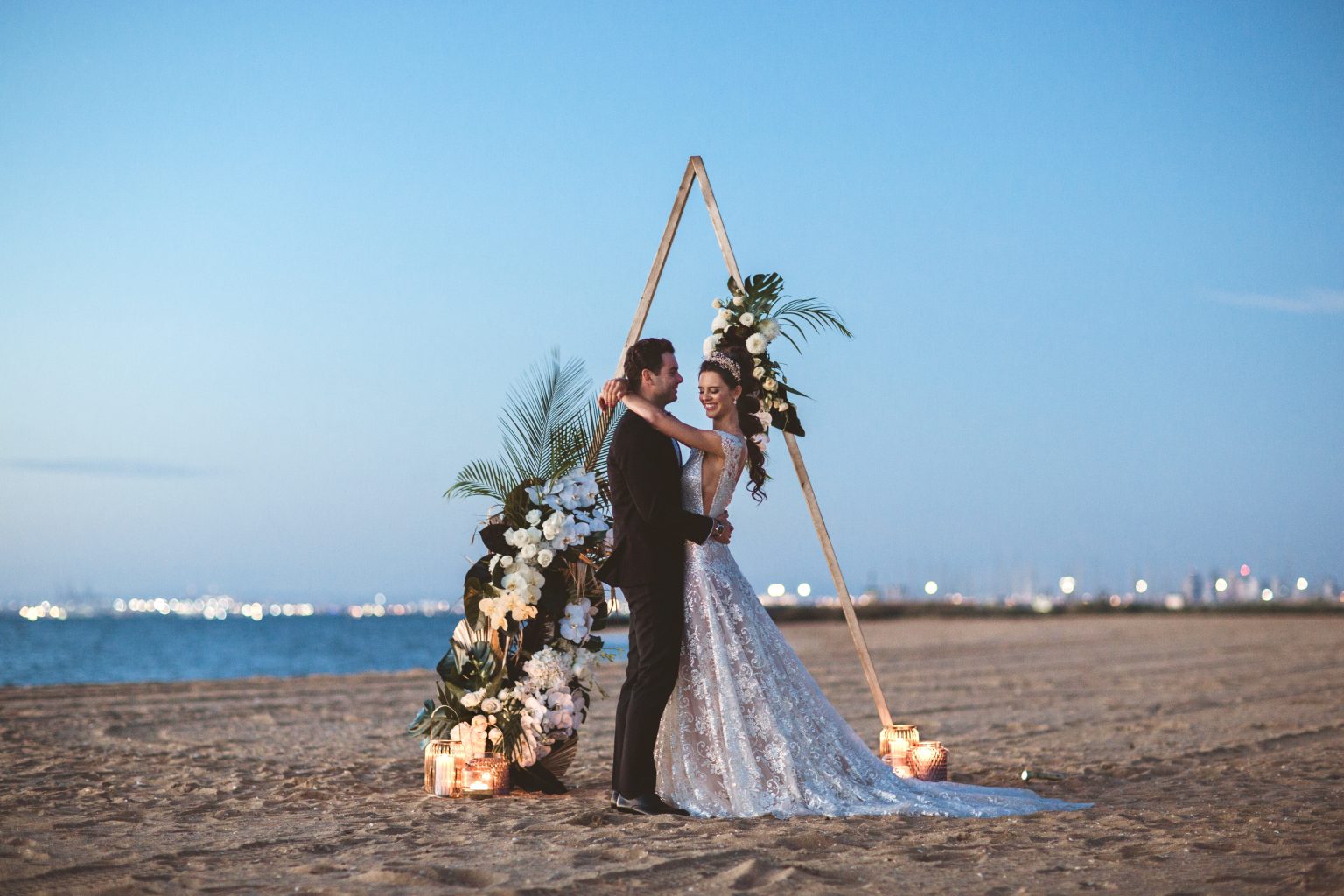Selecting the wedding venue is akin to setting the stage for one of the most memorable performances of one’s life. The location you choose acts as the backdrop to your vows, the space where your love story unfolds, and the place that imprints itself on the memories of all present. Researching the perfect wedding venue is not just about aesthetics or convenience; it’s about creating an atmosphere that complements the essence of your union. A well-chosen venue harmonizes with your story, ensures guests are comfortable and catered for, and sets the tone for the entire event. By investing time in this crucial decision, couples pave the way for an occasion that resonates with emotion, meaning, and unforgettable moments. In essence, the right venue is the silent witness to the promises made and the joy shared, deserving of every moment spent in its pursuit.
Here are things to consider whilst you decide on that perfect wedding venue
Date Availability:
The availability of your desired date at the “perfect” wedding venue is often one of the most critical aspects of wedding planning. Securing your preferred date at your chosen venue can set the tone for the rest of the wedding preparations. Here’s a discussion on the subject:
1. Peak Wedding Seasons:
- Most places have peak wedding seasons which are determined by the weather, holidays, and local events. These periods are when venues get booked quickly.
- Popular months traditionally are May through October in many areas, but this can vary based on regional factors.
2. Significant Dates:
- Some dates hold sentimental value for couples, like the date they first met or their engagement date.
- Recognizable dates (like those with repeating numbers) can be in high demand.
- Major holidays or long weekends may also be popular but could come with increased costs.
3. Venue Popularity:
- High-demand or trendy venues may have bookings several months or even years in advance, especially for weekend dates.
4. Flexibility:
- Being flexible with your wedding date can open up more possibilities, especially if you’re set on a particular venue. A weekday wedding or an off-peak season wedding can be easier to book.
- Some venues might offer discounts for off-peak dates or last-minute bookings.
5. Venue Tours and Inquiries:
- When touring potential venues or inquiring online, always ask about date availability as one of your first questions.
- Some venues might have online calendars showing date availability, which can be a quick way to check.
6. Holding a Date:
- Some venues offer the option to put a temporary hold on a date, giving you a short window to decide without the risk of someone else booking it.
- Understand the terms: Is there a fee? How long is the hold? Is the hold fee applied to your booking if you decide to go ahead?
7. Backup Plans:
- Have a few potential dates in mind in case your first choice isn’t available.
- If you’re determined to get a specific venue, consider having backup venues in mind as well.
8. Communication:
- Maintain open communication with the venue coordinator. They might inform you if there’s a cancellation or if they have openings due to unforeseen events.
9. Contractual Details:
- Once you’ve settled on a date, ensure it’s correctly reflected in your wedding contract. Mistakes can happen, and you don’t want a clerical error causing scheduling issues.
10. External Factors:
- If the date availability aligns with a local event, like a major conference or festival, consider the logistics. Hotels might be booked up, or there might be traffic disruptions.
In Summary: Date availability at the perfect wedding venue is a balance between the couple’s personal preferences, the venue’s popularity, and external factors. Being proactive, flexible, and having open communication with the venue can greatly aid in securing the desired date.
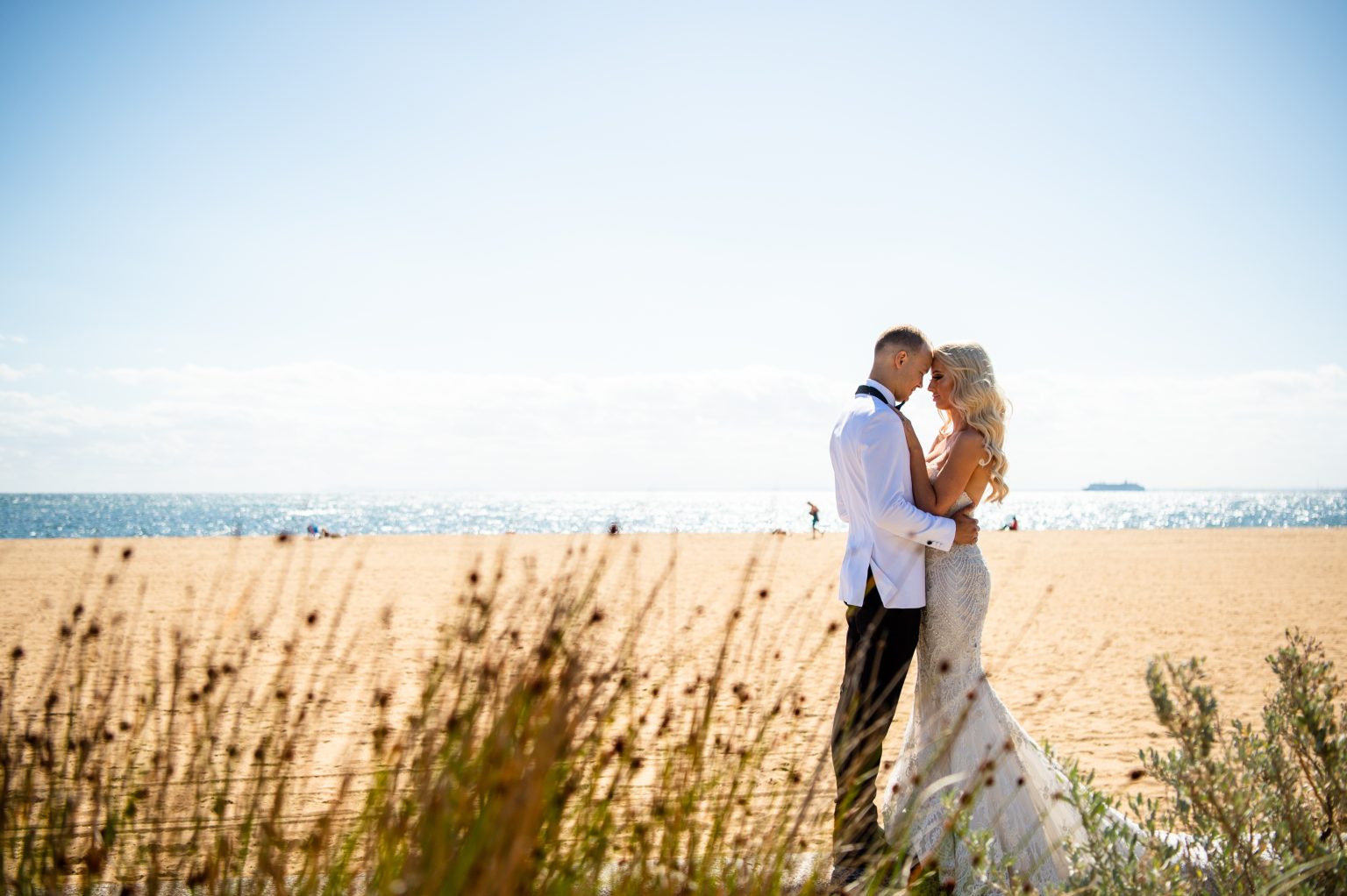
Location:
A great venue should be in a convenient or meaningful location for the couple and their guests. Whether it’s a destination wedding or a local venue, the ease of access and the surrounding environment are essential.
-
- Proximity to Guests: Consider where the majority of your guests are coming from. If many are traveling from out of town, a venue near the airport or main transportation hubs might be convenient. If most are local, consider a central location or one meaningful to you as a couple.
- Accessibility: Check how easy it is to get to the venue. Think about traffic conditions, availability of public transport, and ease of directions. For guests with special needs, ensure that the venue is ADA-compliant or has facilities to accommodate them.
- Parking: Ensure there’s ample parking for your guests. If parking is off-site, consider the logistics and costs associated with shuttle services.
- Accommodations: If many guests are traveling, consider the proximity of hotels or other lodging options. Some venues might have accommodations on-site or partnerships with nearby hotels.
- Safety: Ensure the area is safe, especially if the event will run into the night. This includes both the venue itself and the surrounding area.
- Scenic Value: The aesthetic appeal of a location can greatly enhance the wedding’s ambiance. A picturesque backdrop, whether it’s a beach, mountain, garden, or cityscape, can make for beautiful memories and photos.
- Noise Levels: Check for potential noise disruptions, especially if it’s an outdoor venue. This could come from traffic, nearby businesses, or other events.
- Weather Considerations: If it’s an outdoor location, consider the season and potential weather disruptions. Having a backup plan or an alternative indoor space is crucial.
- Cultural or Personal Significance: Sometimes, the best locations are ones that hold personal meaning for the couple, whether it’s where they first met, had their first date, or a place that resonates with their shared interests.
- Restrictions: Some venues, especially public ones like parks, might have restrictions regarding music volume, alcohol consumption, end times, etc. Make sure to be aware of these.
- Nearby Amenities: Think about other facilities your guests might appreciate, such as restaurants, tourist attractions, or recreational activities, especially if it’s a destination wedding or if they’ll be staying for an extended period.
- Exclusivity: Determine if your event will be the only one at that location on your chosen date or if there are other events scheduled. Some couples prefer exclusive venues to ensure privacy and undivided attention from the staff.
- Logistics for Other Events: If you’re hosting other events like a rehearsal dinner or brunch, consider the logistics of those locations in relation to your main venue.
- Visit in Person: Pictures can be misleading. Always visit the venue in person, preferably around the same time of day your wedding will be held. This gives a realistic idea of lighting, noise, and the overall vibe.
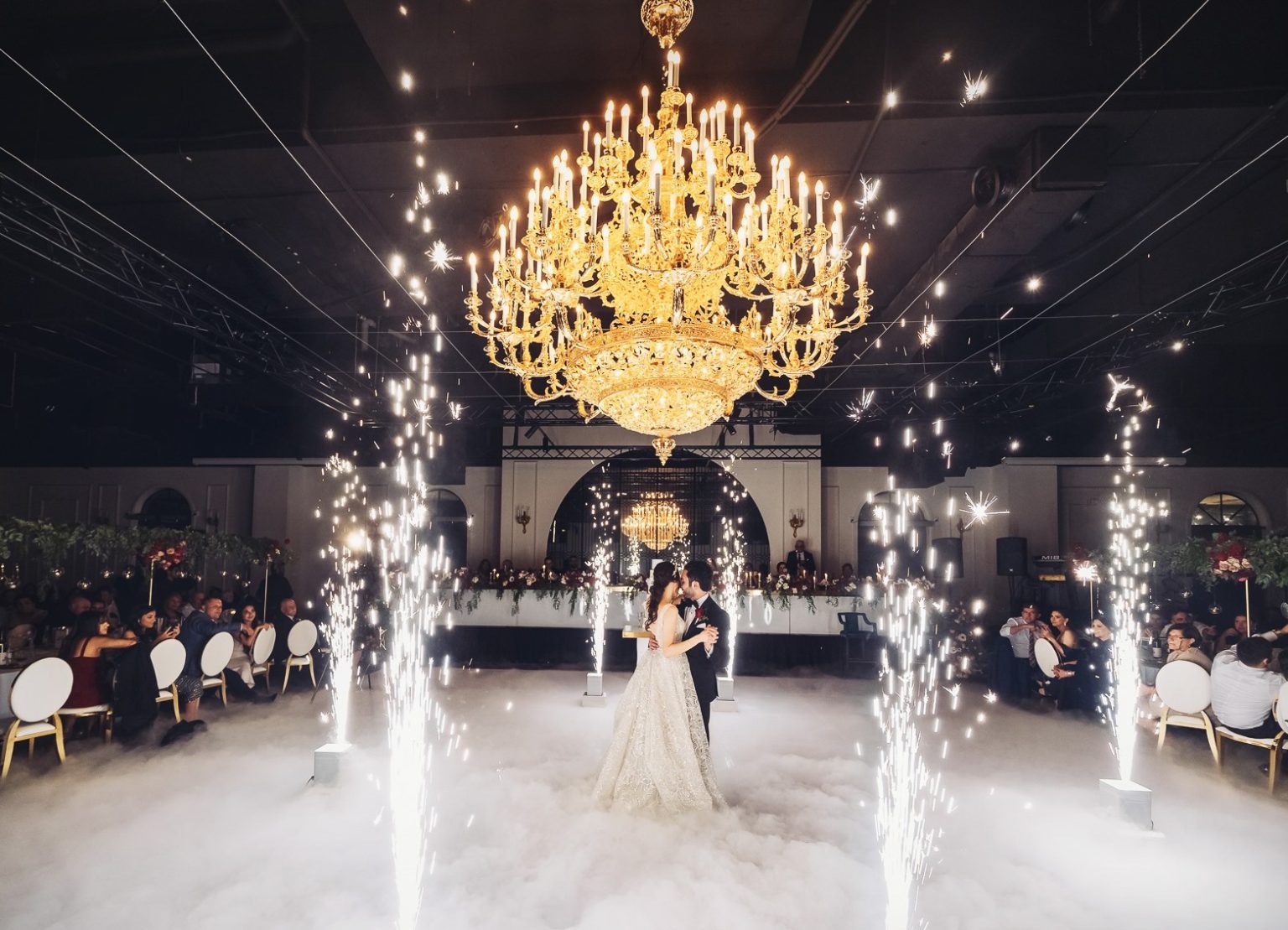
Capacity:
It should be able to accommodate the expected number of guests comfortably. Assessing the capacity of a wedding venue is crucial to ensure the comfort and safety of your guests. Here’s a step-by-step guide on how to evaluate the capacity:
-
- Guest List Estimate: Start by having a rough estimate of your guest list. This number will guide your search. Remember, it’s better to overestimate slightly to ensure everyone is accommodated comfortably.
- Seating Arrangements: Ask the venue about different seating arrangements and how many people can be comfortably seated in each setup. For example, banquet seating might accommodate a different number than theater-style seating.
- Space for Activities: Beyond just seating, think about the space you’ll need for other activities:
- Dance floor
- Band or DJ setup
- Buffet or food stations
- Photo booth or other entertainment setups
- Space for ceremonies if the wedding is in the same venue
- Reception area for guests upon arrival
- Room to Move: A venue might technically fit all your guests, but consider how much room they’ll have to move around. Will they be cramped, or is there space to mingle?
- Safety Regulations: Check local regulations or venue-specific rules about maximum capacities. Remember, these are in place for safety reasons, such as in case of an emergency evacuation.
- Facilities: Make sure there are enough restrooms, coat check facilities, and other amenities to cater to your guest number. A venue might have seating for 200, but if there are only two restrooms, that could be problematic.
- Breakout Areas: Especially for larger weddings, consider if the venue has smaller areas or rooms where guests can take a quiet moment, or where kids can be entertained.
- View and Acoustics: Make sure all guests will have a good view of the main events, like the ceremony, speeches, and first dance. Similarly, ensure that the acoustics of the venue will allow all guests to hear these moments.
- Climate Control: For indoor venues, ensure the HVAC system can comfortably handle your guest count, especially in extreme weather conditions.
- Visit During an Event: If possible, visit the venue during an event with a similar guest count. This gives you a real-time perspective on how the space functions when filled.
- Future Changes: If your wedding date is far off, inquire if the venue has any planned construction or renovations. Changes might affect the available space.
- Flexibility: Some venues have movable walls or partitions that can adjust the size of the space based on your needs.
- Review Feedback: Look for reviews from other couples who had a similar guest count. Their insights might highlight any capacity issues you hadn’t considered.
- Plan B: If your venue has outdoor and indoor spaces, and you’re planning to use the outdoor space, make sure the indoor area can also accommodate your guests in case of unexpected weather changes.
- When assessing capacity, always prioritize the comfort and experience of your guests. While maximizing the guest list might seem like a good idea initially, a cramped venue can detract from the overall enjoyment of the event.
Budget-Friendly:
Determining a budget for the perfect wedding venue requires a combination of research, self-reflection, and practicality. Here’s a step-by-step guide to help you set a realistic budget:
- Overall Wedding Budget: Begin by setting an overall wedding budget. Decide on a total amount you’re comfortable spending on your entire wedding.
- Prioritize: Determine what aspects of the wedding are most important to you and your partner. If the venue is a top priority, you may allocate a larger portion of your budget towards it, cutting back on other less essential areas.
- Research Average Costs: Research the average costs of wedding venues in your desired location. This will give you a general idea of what to expect and help you set a ballpark budget.
- Break Down the Budget: List all the potential costs associated with the venue: Rental fee, Catering (if provided by the venue), Alcohol and beverages, Security deposit, Additional fees e.g., for setup, breakdown, overtime), Insurance and Parking or valet service.
- Guest List Estimate: The size of your guest list can significantly impact your venue cost, especially if the venue charges per head for catering.
- Season and Day of the Week: Venue prices can fluctuate based on the season and even the day of the week. Typically, peak wedding season and weekends are more expensive.
- Type of Venue: Different types of venues come with different price tags. For instance, a grand ballroom in a luxury hotel will likely cost more than a local community center or a park.
- Location: Venues in prime locations or popular wedding destinations usually come at a premium.
- Visit Venues: Once you have an idea of what you can afford, visit potential venues to get quotes. This will help refine your budget and see if it aligns with what’s available.
- Hidden Costs: Be vigilant about hidden or additional costs. Ask potential venues for a detailed breakdown of expenses.
- Negotiation: Remember, many prices are negotiable. If a venue you love is slightly out of your budget, it doesn’t hurt to ask if they can offer a discount, especially if you’re willing to adjust the date or other details.
- Package Deals: Some venues offer package deals that include items like catering, decor, and even photography. These can sometimes be more budget-friendly than sourcing each service separately.
- Financial Safety: Ensure you have some wiggle room in your budget for unforeseen expenses. It’s a good rule of thumb to set aside an additional 5-10% of your budget for unexpected costs.
- Review and Adjust: As you delve deeper into wedding planning, revisit your budget regularly and adjust as needed.
Remember, the “perfect” wedding venue is one that aligns with your vision for the day, accommodates your guests comfortably, and fits within your budget. Don’t feel pressured to overspend; with creativity and flexibility, you can have a beautiful wedding that doesn’t break the bank.
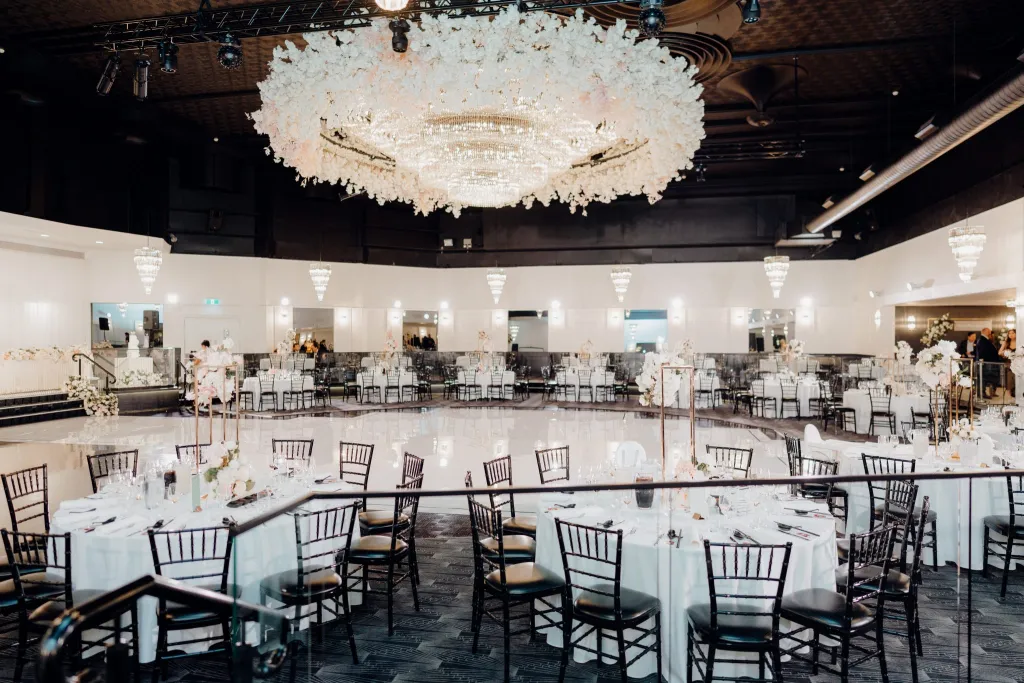
Aesthetics:
The ambiance, architecture, and décor should match the couple’s vision for their wedding. Whether they want a rustic barn, a grand ballroom, a serene beach, or a lush garden, the venue should reflect their style.
The “perfect” wedding venue aesthetic is subjective and varies based on individual preferences. However, various aesthetics or themes resonate with couples. Here’s a list of some popular aesthetics for wedding venues:
- Classic/Elegant: Think grand ballrooms, historic estates, or luxury hotels. These venues often feature chandeliers, grand staircases, and ornate details. They exude timeless elegance and sophistication.
- Rustic: Barns, ranches, and countryside venues fit this aesthetic. Wooden beams, open spaces, and rural surroundings characterize the rustic look.
- Vintage: Old-world charm comes alive in historic mansions, heritage homes, or venues from significant eras. They might feature antique decorations, retro furnishings, and a general nostalgic feel.
- Bohemian: This free-spirited and eclectic style often includes unconventional venues, colorful and mismatched décor, and a touch of whimsy. Think outdoor tents, fairy lights, and a relaxed atmosphere.
- Beach/Tropical: Oceanfront venues, sandy beaches, or tropical island resorts embody this aesthetic. The sound of waves, a sunset backdrop, and a casual, breezy ambiance define beach weddings.
- Garden/Outdoor: Botanical gardens, parks, or private estates with lush landscapes fit this aesthetic. Nature is the primary decorator, with trees, flowers, and open skies setting the scene.
- Industrial: Old factories, lofts, or warehouses with exposed brick walls, metal beams, and open floor plans characterize the industrial look. These spaces offer a raw and edgy vibe, which can be dressed up or down.
- Modern/Minimalist: Contemporary art galleries, urban lofts, or architectural wonders with clean lines and a neutral palette resonate with this aesthetic. The emphasis is on simplicity and sophistication.
- Mountain/Forest: Cabins, lodges, or venues nestled in the mountains or forests offer a tranquil and majestic setting. They’re perfect for couples wanting a backdrop of towering trees or mountain ranges.
- Cultural/Ethnic: These venues or setups incorporate elements from the couple’s cultural or ethnic background. It could be a traditional temple, a cultural center, or a venue decorated in a culturally significant manner.
- Romantic: While romance is a theme in most weddings, certain venues exude romance with candle-lit pathways, flowing drapery, soft color palettes, and intimate settings.
- Alternative: Unique venues like caves, libraries, museums, or even zoos fit into this category. They’re for couples looking for something out-of-the-box and memorable.
- Destination: Whether it’s a chateau in France, a vineyard in Italy, or a beach resort in Bali, destination wedding venues offer a unique ambiance combined with the allure of travel.
- Eco-friendly/Green: Venues that prioritize sustainability and environmental responsibility, such as eco-resorts, organic farms, or solar-powered lodges, align with this aesthetic.
When choosing the aesthetic of a wedding venue, couples should reflect on their personal style, shared experiences, and the kind of atmosphere they want to create on their big day. The “perfect” venue is one that aligns with their vision and makes their day uniquely memorable.
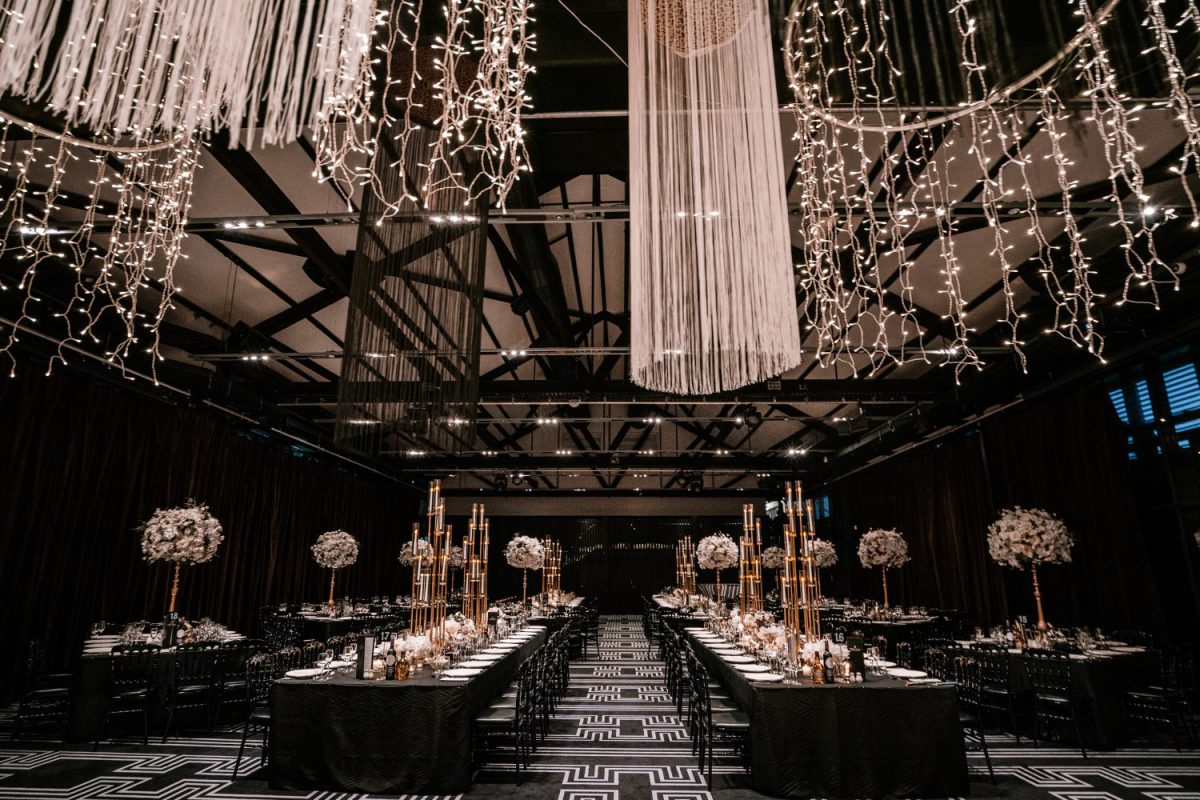
Perfect Facilities:
While the “perfect” wedding venue will differ based on individual preferences, there are several facilities that many couples deem essential or highly desirable. Here’s a list of facilities to consider when selecting a wedding venue:
- Accessibility: The venue should be easily accessible for guests, with clear signage and pathways. It’s also important for it to be ADA-compliant or equipped to accommodate guests with special needs.
- Ample Restrooms: There should be enough restrooms for the number of guests attending, and they should be clean and well-maintained.
- Changing Rooms: Spaces for the bride, groom, and bridal party to get ready, change, or touch up can be crucial, especially for venues hosting the ceremony as well.
- Parking: Secure and ample parking facilities or valet services for guests are essential. Consider proximity to the venue and lighting for evening events.
- On-site Accommodations: Especially for destination weddings or venues in remote areas, having rooms or lodges for guests to stay can be a boon.
- Indoor and Outdoor Spaces: Venues that offer both indoor and outdoor areas provide flexibility, especially in uncertain weather conditions. It’s great for hosting different parts of the event, like the ceremony outdoors and the reception indoors.
- Catering Facilities: If the venue provides catering, they should have a fully-equipped kitchen. If they allow outside caterers, they should have facilities to accommodate them.
- Alcohol License: If you plan to serve alcohol, ensure the venue has the necessary licenses. Some venues might also allow you to bring your own alcohol for a corkage fee.
- Sound and Acoustics: The venue should be equipped or adaptable for good sound quality, especially if there’s live music or speeches.
- Lighting: Natural light for daytime events and adequate, customizable lighting options for evening events can enhance the ambiance.
- Dance Floor: A designated area or a portable dance floor for guests to dance is a common requirement.
- Furniture: Many venues offer tables, chairs, linens, and other necessary furniture. Check their quality and see if it aligns with your aesthetic.
- Climate Control: For indoor venues, heating or air conditioning can be vital depending on the season.
- Backup Power: A backup generator or power source ensures the party goes on even in case of power outages.
- Stage or Podium: Especially important for large weddings or if there’s live entertainment.
- Tech Facilities: This includes audio-visual equipment, microphones, projectors, and Wi-Fi.
- Decor Restrictions: While not a “facility” per se, understanding if the venue has any decor limitations is essential for planning.
- Security: Some venues provide security personnel or can recommend a service.
- Storage: A space to store items either before or after the wedding can be beneficial.
- Scenic Spots: Beautiful areas or backdrops for photography can be a significant plus.
- Flexibility: Spaces that can be modified or have movable partitions to adjust based on guest count or event needs.
When considering these facilities, always prioritize based on personal preferences, the type of wedding you’re planning, and your guest list. For instance, a small intimate wedding might not require a stage or a large dance floor but would prioritize scenic spots and on-site accommodations. Always ensure the chosen facilities align with the overall vision and practical needs of your wedding day.
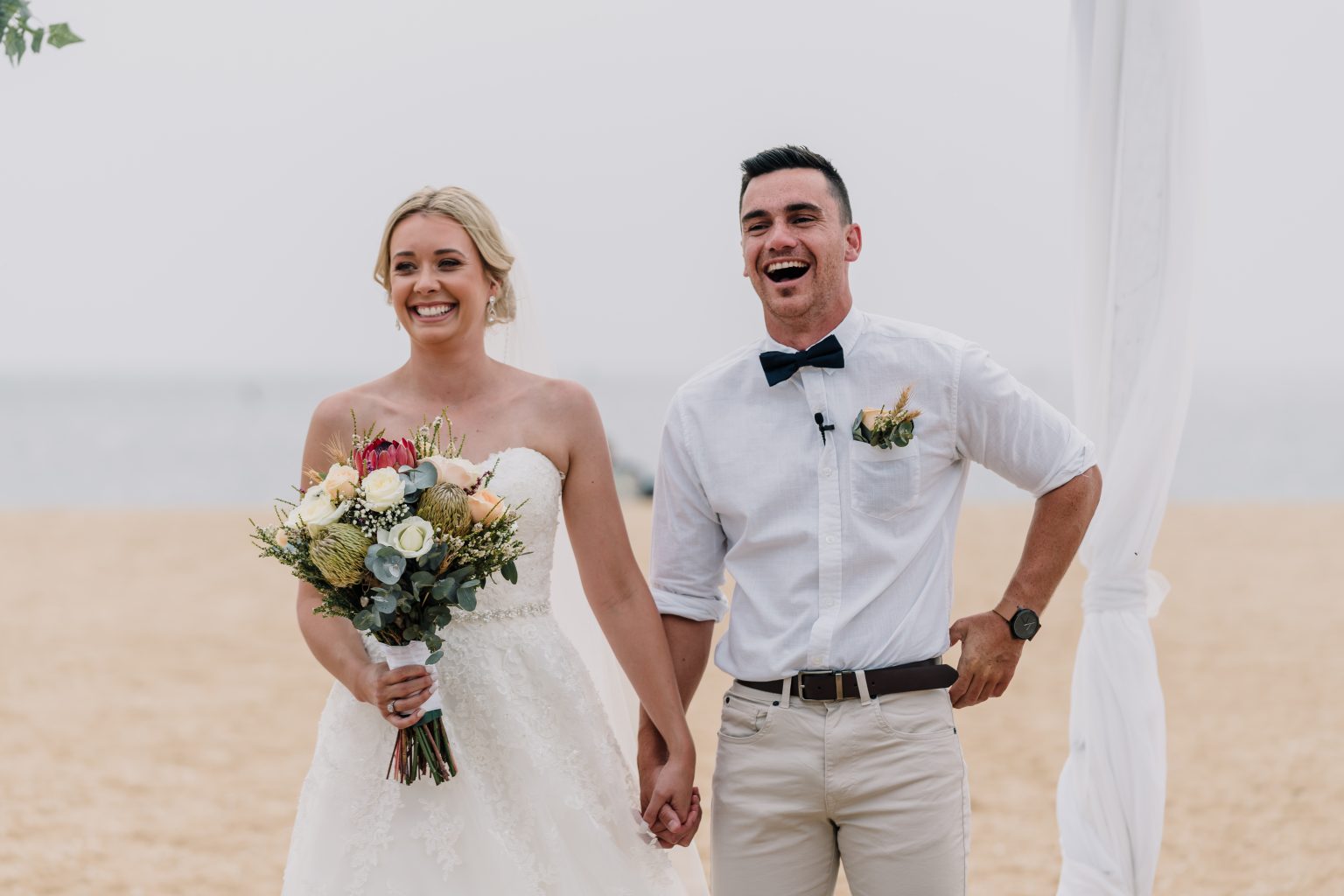
Venue Reputation:
Checking the reputation of a potential wedding venue is crucial to ensuring that your big day goes smoothly and aligns with your expectations. Here’s a step-by-step guide to vetting the reputation of a wedding venue:
- Online Reviews:
- Wedding Websites: Websites like Easy weddings, The Knot, WeddingWire, and others often have venue reviews from couples.
- Google Reviews: Check the venue’s Google listing for reviews.
- Yelp: While more general, Yelp can still provide valuable insights into the venue’s reputation.
- Social Media:
- Facebook: Look for the venue’s official page and check the reviews or ratings section.
- Instagram: Search for posts tagged at the venue or use relevant hashtags. This can give you insights from real weddings and feedback in the comments.
- Wedding Forums and Blogs: Websites like WeddingBee or specific wedding blogs might have discussions or features on various venues. Real brides and grooms often share their experiences and advice here.
- References: Ask the venue for references or testimonials from past couples. If they’re confident in their services, they should be willing to provide this.
- Word of Mouth: Sometimes, personal recommendations or warnings from friends, family, or acquaintances can be the most honest and reliable.
- Visit in Person: Schedule a tour or attend an open house. Sometimes, firsthand experience is the best way to gauge a venue’s quality. Pay attention to, How you’re treated during the visit. The cleanliness and maintenance of the facility. and any ongoing events which can give you a feel of their service quality.
- Local Wedding Professionals: Photographers, planners, caterers, and other wedding professionals often work at various venues and can provide insights. They might share which venues are a pleasure to work with and which ones have challenges.
- Check for Awards or Accolades: Some venues might have received awards or recognitions from wedding magazines, websites, or local business groups.
- Contract Details: While not a direct measure of reputation, pay close attention to the contract the venue provides. A transparent, detailed contract often indicates professionalism.
- Industry Associations: Especially for venues that are part of larger chains or businesses, an industry association can provide information on their business practices and any complaints.
- Licensing and Inspections: Ensure that the venue has all the required licenses and inspections, especially if it’s a place that serves food or alcohol. A venue that is up-to-date indicates they are compliant and professional.
- Response Time: Note how long the venue takes to respond to your inquiries, whether by email, phone, or through their website. Timely and professional responses can be a good sign.
- Event Planners or Coordinators: If you’re using a wedding planner or coordinator, lean on their expertise. They can provide feedback on venues they’ve worked with or heard about.
Remember, no venue will have a 100% perfect reputation—there may always be one or two less-than-stellar reviews. It’s essential to look for patterns in feedback. If multiple reviews mention the same issue, it’s likely a genuine concern. Conversely, if many reviews highlight a particular strength, it’s a good indication of what the venue does best.

Inclusive Packages:
Inclusive packages at wedding venues offer a streamlined approach to wedding planning by bundling various services into one offering. Whether or not they are the “best way” depends on individual preferences, budget constraints, and wedding visions. Here are the pros and cons of inclusive wedding packages:
Pros of Inclusive Packages:
-
- Simplicity and Convenience: Inclusive packages reduce the number of vendors you need to research, hire, and coordinate. Everything is in one place, simplifying the planning process.
- Cost Savings: Bundling services can sometimes offer cost savings compared to sourcing each vendor individually.
- Consistency: With an all-inclusive package, there’s a level of consistency in service since the venue and its affiliated vendors are used to working together.
- Time-Saving: It saves couples a lot of time, especially those who have busy schedules or are planning a wedding in a short timeframe.
- Less Stress: Fewer contracts to juggle and fewer points of contact can reduce stress leading up to the big day.
- Potential Upgrades: Some venues may offer free upgrades or extras as part of their package to entice couples to book.
Cons of Inclusive Packages:
-
- Less Customization: Packages might not be as flexible in catering to unique or specific requests, leading to a less personalized wedding.
- Potential Hidden Costs: Some packages may have hidden costs or exclusions, so it’s vital to read the fine print.
- Vendor Choices: You may be limited to the venue’s preferred or in-house vendors, which might not align with your vision or preferred style.
- Perceived Lack of Uniqueness: With a package deal, there might be a risk of your wedding feeling “cookie-cutter” if the venue offers similar setups for all weddings.
- Cost Concerns: While many packages can offer savings, some might be marked up because of the convenience factor.
- Overlaps with Existing Plans: If you’ve already booked a vendor (like a photographer or a DJ), an inclusive package might have overlaps, meaning you’re paying for a service you won’t use.
Factors to Consider:
-
- Your Vision: If you have a very specific vision for your wedding, you might find inclusive packages too restrictive. On the other hand, if you’re more flexible, they might be a perfect fit.
- Budget: Determine if the package truly offers value for your budget. Break down the costs to see if you’re genuinely saving.
- Research: Look into the quality of the vendors included in the package. Are they reputable? Do they have good reviews?
- Negotiation: Some venues may be willing to customize their packages or swap out services to better fit your needs.
In conclusion, whether inclusive packages are the “best way” at a perfect wedding venue is subjective. They are a great fit for couples seeking convenience, potential savings, and a more straightforward planning process. However, for those who want a high degree of customization and have specific vendors in mind, a more à la carte approach might be preferable.
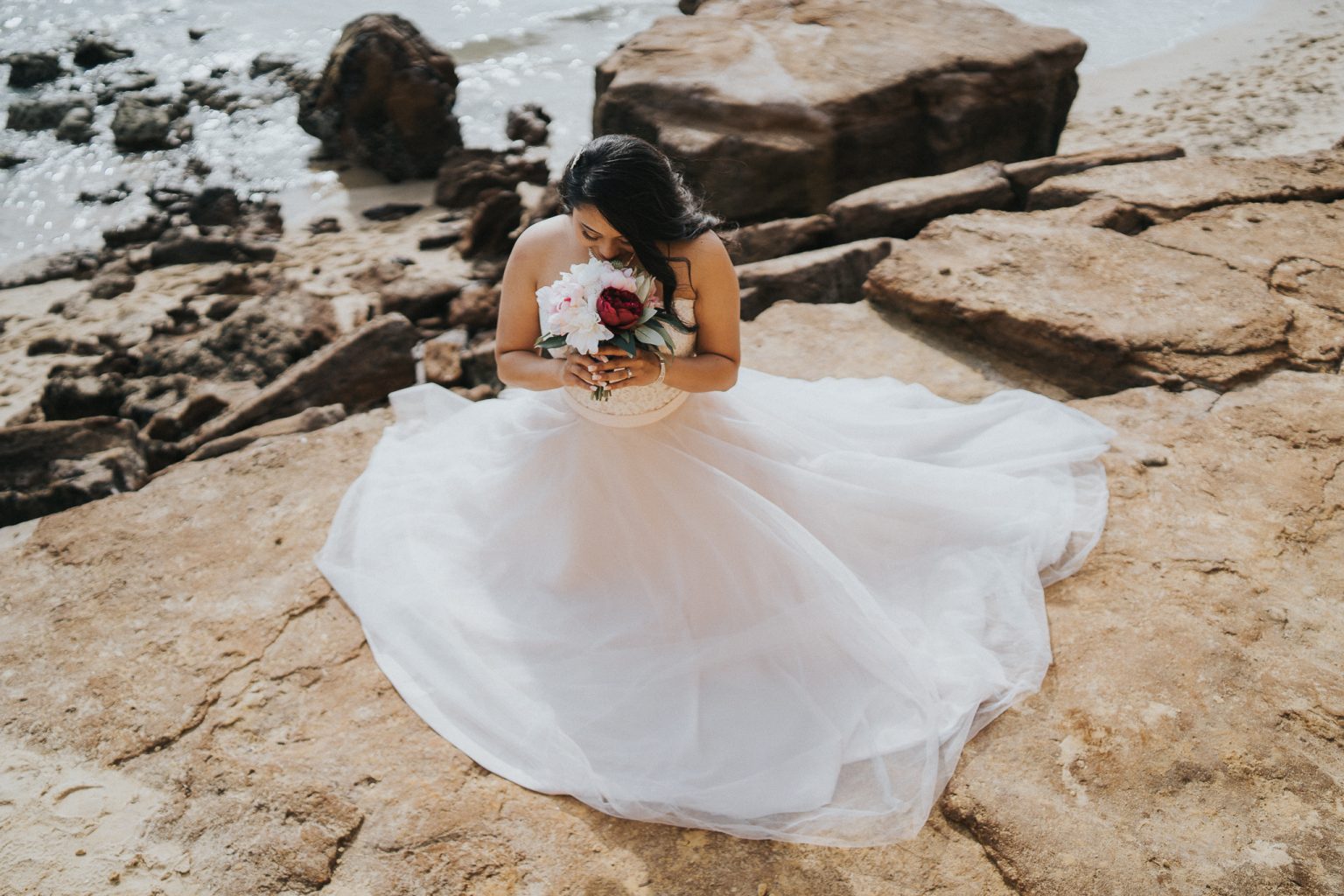
Venue Supplier Policies:
The “perfect” wedding venue’s vendor policies will vary depending on a couple’s needs, preferences, and the nature of the venue itself. However, a comprehensive and accommodating vendor policy is often a sign of a venue’s professionalism and flexibility. Here are some key aspects to look for in a wedding venue’s vendor policy:
- Open Vendor Policy: Some venues allow couples to bring in any licensed vendor of their choice. This gives couples the flexibility to personalize their wedding and potentially save money.
- Preferred Vendor List: Many venues have a list of preferred vendors they’ve worked with in the past. These vendors are familiar with the venue’s layout, rules, and logistics. While this can ensure smoother coordination, it’s important to know if you’re required to choose from this list or if it’s merely a suggestion.
- In-House Services: Some venues offer in-house services (e.g., catering, decor, music). It’s crucial to evaluate the quality, price, and flexibility of these services compared to external vendors.
- Vendor Fees: Some venues might charge fees for outside vendors. Understand these costs upfront to avoid unexpected expenses.
- Load-In/Out Times: The policy should specify when vendors can start setting up and when they must finish breaking down. This can impact the schedule and potentially lead to overtime charges.
- Insurance Requirements: Venues may require vendors to have specific insurance coverage. Ensure that your vendors can meet these requirements or be prepared to purchase additional coverage.
- Licenses & Permits: If the venue requires certain licenses or permits (especially for alcohol or entertainment), they should provide clear guidelines.
- Restrictions: Some venues may have restrictions, such as noise limits, decor limitations (e.g., no open flames or nails in the walls), or specific end times. Being aware of these can prevent last-minute changes or disruptions.
- Communication: The venue should have a clear line of communication for vendors, whether it’s a specific event coordinator or another point of contact.
- Facilities for Vendors: Adequate facilities for vendors, such as prep areas for caterers, changing areas for entertainers, or staging areas for decor, are essential for smooth operations.
- Parking & Accessibility: Vendors need clear information on where to park, unload equipment, and access the venue. This is especially crucial for vendors with heavy equipment or specific setup requirements.
- Catering Policies: If you’re bringing in outside caterers, the venue should provide details on kitchen facilities, cleanup requirements, and any restrictions on food or beverage services.
- Deposits & Cancellation Policies: Understand any deposits required for vendors and the venue’s cancellation or rescheduling policies.
Wedding Contract
The “perfect” venue will have a vendor policy that strikes a balance between ensuring quality and smooth operations while giving couples the freedom to realize their wedding vision. As always, open communication with venue representatives and reading all contracts carefully is vital to ensuring a positive experience.
A wedding contract is essential when booking a venue. It clearly outlines the responsibilities, services provided, costs, and terms and conditions agreed upon by both parties. A comprehensive contract protects both the couple and the venue from potential misunderstandings or disputes.
Here’s what a wedding contract with the “perfect” wedding venue might include:
- Parties Involved: The full names and contact details of the couple and the venue’s representative.
- Date and Time:
- The specific date of the wedding.
- Start and end times for the event.
- Additional time for setting up and breaking down.
- Description of Services: Detailed breakdown of what the venue will provide, including:
- Type and size of space.
- In-house services (e.g., catering, audio-visual equipment, furniture).
- Any additional amenities or services included (e.g., bridal suite, parking, security).
- Costs:
- Total cost of the venue rental.
- Breakdown of costs if there are multiple services.
- Any applicable taxes or service fees.
- Details of any additional costs, such as overtime charges or fees for outside vendors.
- Payment Schedule:
- Deposit amount and due date.
- Dates and amounts for any subsequent payments.
- Preferred payment methods.
- Refund policy.
- Cancellation and Postponement Policy: Detailed terms regarding:
- How far in advance the event can be canceled or postponed.
- Any penalties or fees associated with cancellations or changes.
- Circumstances under which the deposit is refundable.
- Vendor Policies:
- Any restrictions on using outside vendors.
- Required licenses or insurance for vendors.
- Fees or charges associated with bringing in external vendors.
- Insurance and Liability:
- The venue’s liability insurance details.
- Any required insurance the couple must provide.
- Statements on who is responsible for damages to the property or injuries.
- Food and Beverage Policies:
- Restrictions on outside food or alcohol.
- Corkage fees or other related charges.
- Licensing details for alcohol service.
- Decor and Setup:
- Restrictions on decor, such as candles or hanging items.
- Setup and takedown times.
- Any items or areas off-limits.
- Force Majeure Clause: Terms that outline what happens if the event can’t be held due to unforeseen and uncontrollable events, like natural disasters or pandemics.
- Miscellaneous Provisions:
- Noise restrictions or end times.
- Parking details.
- Any other venue-specific rules or policies.
- Dispute Resolution: Specifies how disputes will be handled, whether through mediation, arbitration, or court proceedings.
- Signatures: Both the couple and the venue’s representative should sign and date the contract.
Before signing, it’s crucial to read the contract thoroughly. Consider having a lawyer, especially one familiar with event contracts, review it. Any concerns or special arrangements should be addressed and added to the contract before both parties sign. Remember, verbal agreements can be hard to prove, so ensure everything is in writing.
In Conclusion
Remember, the “perfect” wedding venue is subjective and varies based on individual preferences. The couple should prioritize what matters most to them and ensure the chosen venue aligns with those priorities. Pictures can be deceiving, so visiting the venue in person, ideally around the same season/time as the planned wedding, can give a clearer picture.
If you do the reserach and spent the time identifying what you wants and needs are and match that with an extensive venue search, you have a big chance of having the perfect wedding venue, and therefore the perfect wedding.

